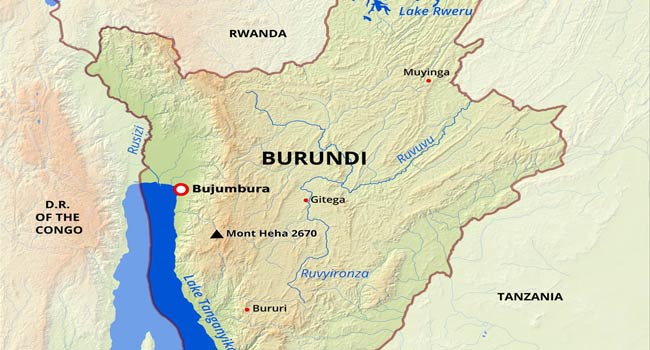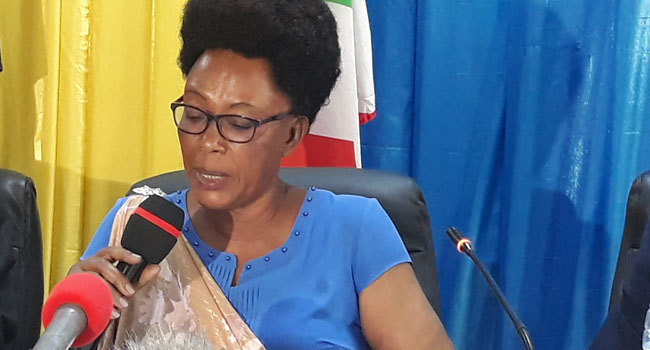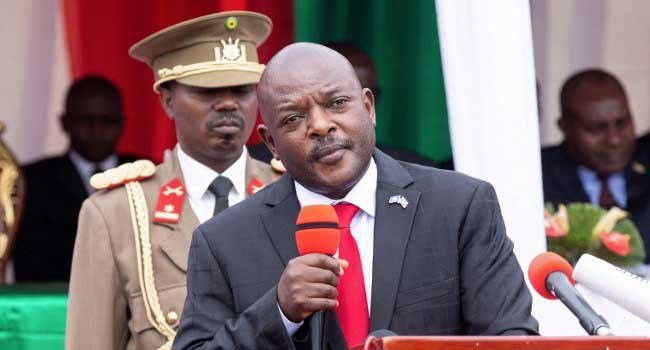
Burundi on Monday freed some 1,300 prisoners in the first stage of a presidential pardon aimed at emptying overcrowded jails in the East African nation, the country’s justice minister said.
Nearly 1,000 prisoners were released from a jail in Bujumbura at a ceremony attended by President Evariste Ndayishimiye, government ministers and foreign ambassadors. Another 331 inmates were discharged in the capital Gitega.
They were the first among some 3,000 detainees the government has promised to imminently release, with another 2,000 receiving sentence cuts that will allow them to walk free in coming weeks.
READ ALSO: Ivorian Police Arrest 12 People After Attack On Military Base
“This is the first time in our country that nearly 5,000 detainees have benefited from a presidential pardon,” said Justice Minister Jeanine Nibizi.
The government announced in March plans to release 5,255 inmates — a figure amounting to some 40 percent of Burundi’s estimated 13,200 prisoners, civil society groups said.
The country’s prisons have a capacity of 4,100.
In his presidential decree at the time, Ndayishimiye said he was “convinced that an exceptional measure of clemency is needed to de-congest prisons and improve conditions of detention.”
Those convicted of corruption, and prisoners serving sentences of up to five years, were slated for release. Certain exceptions were made, including cases involving participation in an armed group or threatening national security.
“It is a good thing, even if the prisons remain crowded… I only regret that political prisoners have not benefited from this presidential pardon,” Pierre Claver Mbonimpa, president of Aprodeh, an organization for the protection of inmates, told AFP.
One foreign diplomat, who spoke on condition of anonymity, said it was a “gesture in the right direction” and followed the release of four journalists in December detained for a year on charges rights groups condemned as baseless.
Ndayishimiye was elected in May last year, raising hopes that the iron-fisted and repressive state would open up, which have since been dashed.
He succeeded the late president Pierre Nkurunziza, whose insistence on a third term in office in 2015 plunged the country into a serious and prolonged political crisis marked by summary executions, disappearances, arbitrary arrests and torture of dissidents.
AFP




